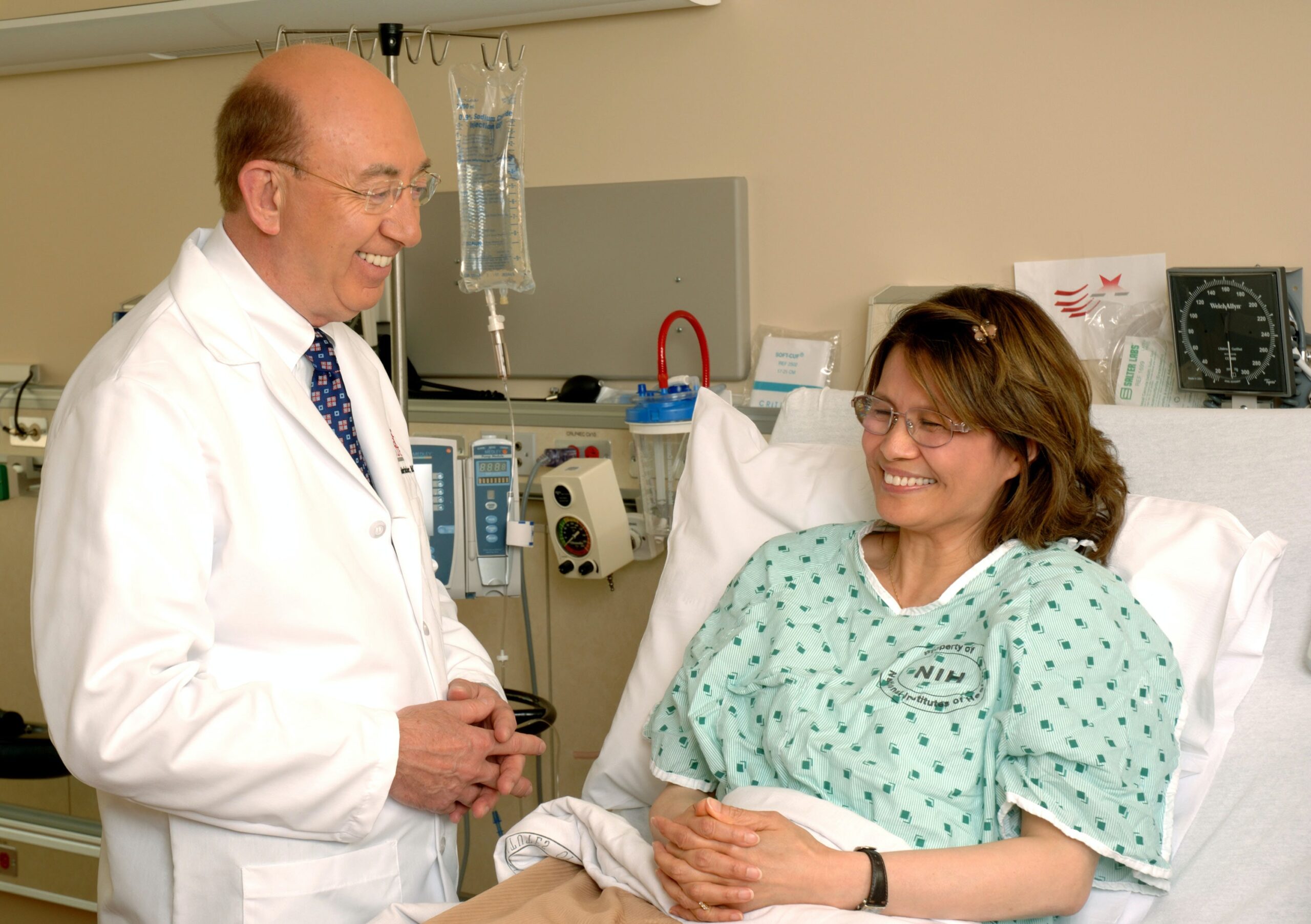Seriously, do it. Colon Cancer is the 4th leading cause of cancer and 2nd leading cause of cancer deaths in the United States, accounting for nearly 10% of all cancer related deaths. The good news is that with early detection, and advances in cancer treatment the rate of death has been decreasing.
Although many people may understandably be hesitant to screen for cancer for fear of finding cancer, if a cancer is found in its earliest stages, the prognosis is typically more favorable than waiting until it can no longer be ignored.
So, WHEN do we screen for colorectal cancer?
- If your direct relatives (mother, father, sister, or brother) have a history of colon cancer or polyps, it is recommended to start screening 10 years prior to the age that person was diagnosed. For example, if your father was diagnosed with colon cancer at 50 years old, you should receive colon cancer screening starting at 40 years old. If your brother had colon cancer or suspicious findings at 36 years of age, you would start screening at 26 years of age.
- If you have a diagnosis of Ulcerative Colitis or Crohn’s Disease 8-10 years after the established diagnosed with repeated screenings as dictated by your gastroenterologist, but this is typically done every 1-3 years.
- You or a family member has been diagnosed with Familial Adenomatous Polyposis or Lynch Syndrome
- Routine screening starting at 45 years of age. Historically, we started screening at 50 years of age, but the United States Preventive Services Task Force has lowered this to 45 due to the increase in colon cancer diagnoses at younger age.
When do we STOP screening for colorectal cancer?
- Age 75 assuming normal screenings in the past.
- Risks associated with treatment outweigh their benefits
Schedule your visit with the NWIM team today to discuss if screening for colorectal cancer, and which type of screening is right for you.
References:
- U.S. Cancer Statistics Working Group. U.S. Cancer Statistics Data Visualizations Tool, based on 2020 submission data (1999-2018): U.S. Department of Health and Human Services, Centers for Disease Control and Prevention and National Cancer Institute; www.cdc.gov/cancer/dataviz, released in June 2021.
- Islami F, Ward EM, Sung H, et al. Annual Report to the Nation on the Status of Cancer, Part 1: National Cancer Statistics. J Natl Cancer Inst. 2021;113(12):1648-1669.
- US Preventive Services Task Force, Davidson KW, Barry MJ, et al. Screening for Colorectal Cancer: US Preventive Services Task Force Recommendation Statement. JAMA. 2021;325(19):1965-1977.

